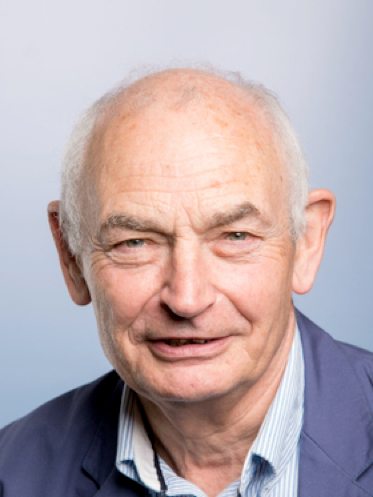
LSTM’s Emeritus Professor David Molyneux spoke at this week’s All-Party Parliamentary Malaria and Neglected Tropical Diseases (APPMG) Christmas Reception at the Palace of Westminster.
Professor Molyneux was invited to talk about the global progress in Neglected Tropical Diseases (NTDs) over the past 12 months as well as giving an overview of upcoming challenges, including the control of NTDs in conflict affected states and within displaced populations. Visitors were welcomed to the event by chair of the group, Jeremy Lefroy MP, who welcomed the guest of honour, Her Excellency the High Commissioner of Tanzania, Dr. Asha Rose Migiro, who spoke on the successes of the NTD and malaria programmes in Tanzania. Professor Alan Fenwick from the Schistosomiasis Control Initiative (SCI), Imperial College spoke then of the successes in controlling NTDs in Tanzania and the work of SCI. Other speakers included, Professor Charlotte Watts, Chief Scientific Advisor to the Department for International Development and Dr John Pender Vice -President of GSK for Government Affairs.
In his reflections on 2016 Professor Molyneux said: “I was delighted to be invited to talk to colleagues and reflect on progress over the last 12 months. There have been several milestone achievements. Examples include that sleeping sickness cases are at the lowest ever recorded levels with fewer than 3000 cases reported in 2015. In 2016, Guatemala has been declared free on onchocerciasis transmission and the Cook Islands, Niue, Vanuatu, Cambodia, the Maldives and Sri Lanka have been verified free of lymphatic filariasis, whilst India has been verified as free of Yaws and Morocco of Trachoma-all huge public health successes; expansion of preventive chemotherapy programmes reached some 980 million people in 2015; Guinea Worm cases were only 22 in 2015 although the dog infections in Chad posed some challenges; there was promising progress in the development of new therapies for filariasis and onchocerciasis and WHO and Gilead had extended the agreement to provide Ambisome for visceral leishmaniasis. These were just some of the successes during 2016. However, despite these successes we face new challenges such as the increase in cases of cutaneous leishmaniasis due to the displacement of populations in the Middle East and the re-emergence of Aedes borne diseases-Zika, Dengue, Chikingunya and Yellow Fever requiring increased attention to this complex and growing problem."
The meeting was jointly hosted by the APPMG and the APPG on Tanzania to mark Tanzania’s 55th Independence Day conclude with the singing of the Tanzania national anthem.